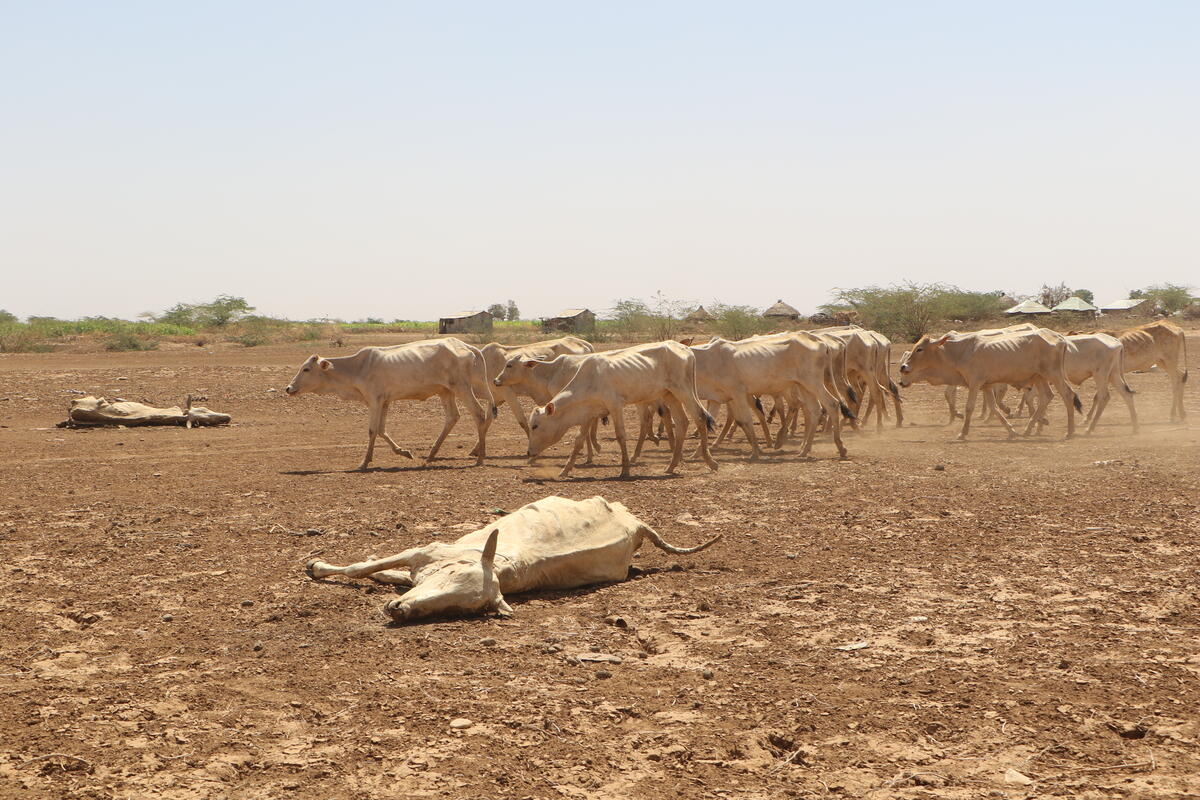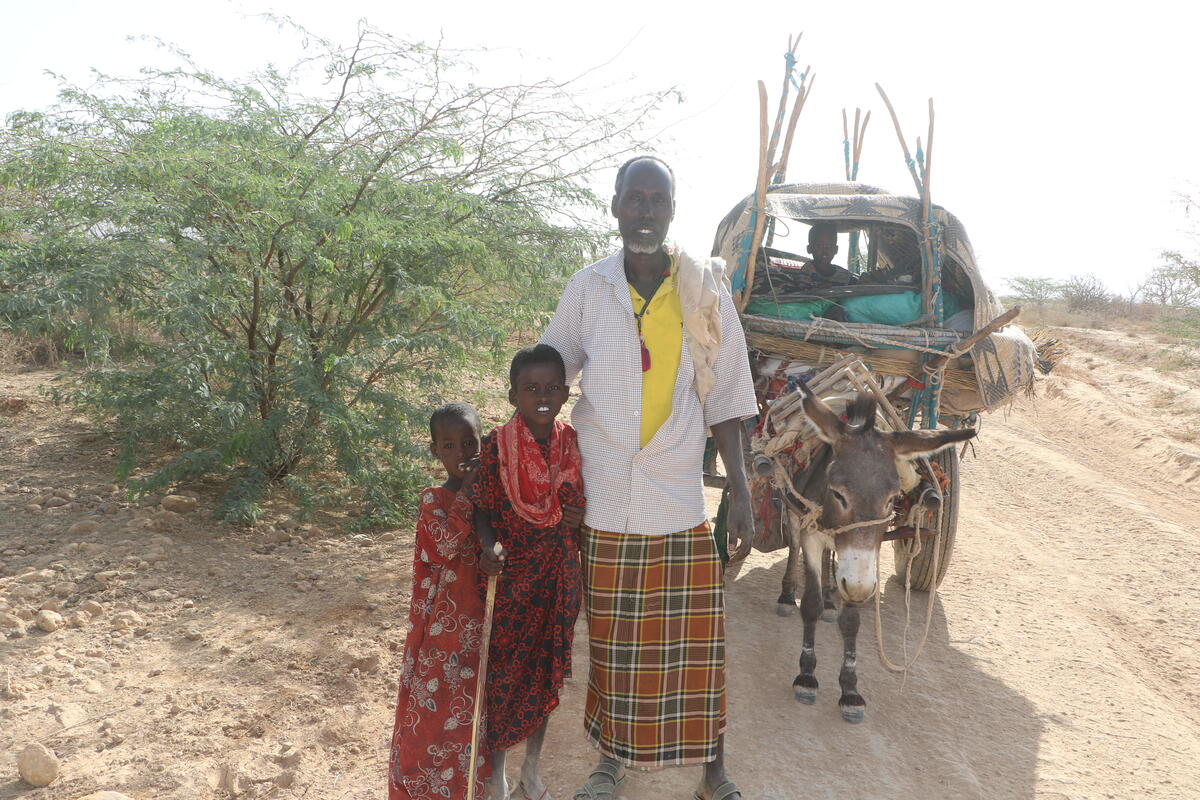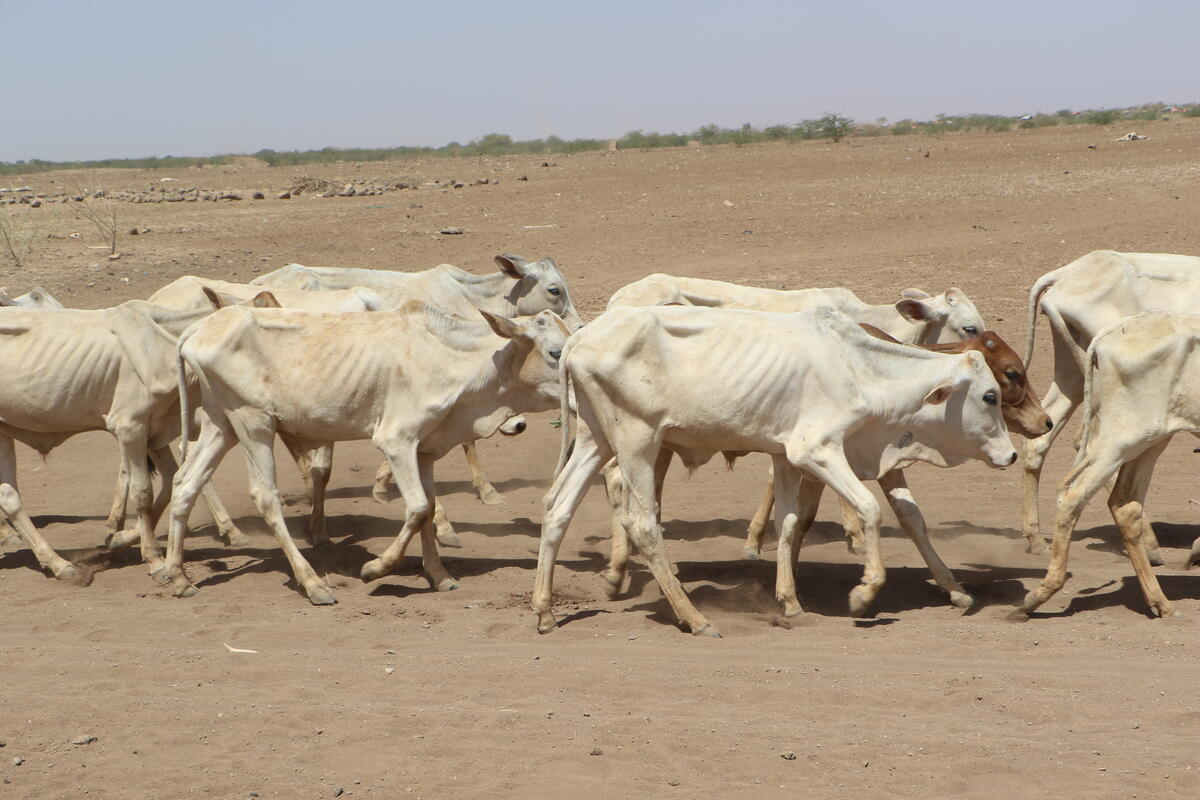
Severe drought and hunger in Ethiopia have caused unusual animal behaviour, including monkeys attacking children and livestock out of hunger, according to a Save the Children report.
Malnutrition rates across east and south-eastern Ethiopia have soared in recent months as drought, displacement and conflict have a significant impact. The charity now estimates that 185,000 children are suffering from the most deadly form of malnutrition.
A prolonged drought alongside the disruption of health services due to instability, the pandemic, as well as a lack of funding has left over a million people in need of urgent nutrition support across the region.
Extreme malnutrition is only expected to get worse in the coming months as food prices continue to rise due to the devaluation of the Ethiopian birr and the war in Ukraine.
Farming communities are among the worst hit as one of the Horn of Africa’s worst droughts kills their herds. In the Dawa zone of the Somali region, the pastoral nomadic community is “at the brink of starvation”.

Ahmed*, 40, and a father of seven living in the Somali region of Ethiopia recently lost his livestock in the drought. He left his village with his children in search of food and water.
“I do not know how to feed my children. The rain failed. The grass withered. My sheep and goats died, along with hundreds and thousands of animals from our village,” he said.
“We packed our meagre possessions on the donkey cart and set out at midnight.”
About 8.1 million people in Ethiopia have now been impacted by the prolonged drought, while close to 30 million people – or a quarter of the population – are estimated to be in need of humanitarian aid, including 12 million children.
The climate crisis has brought about severe drought across the Horn of Africa, Ethiopia, Somalia and Kenya. More than 23 million people are experiencing extreme hunger across the three countries, with 5.8 million children extremely malnourished.

Xavier Joubert, Save the Children’s Country Director in Ethiopia, said: “Children – especially small children – are bearing the brunt of a harrowing and multifaceted crisis in Ethiopia. A prolonged, expanding, and debilitating drought is grinding away at their resilience, already worn down by a gruelling conflict and two years of the Covid-19 pandemic.
“Sadly, in 2022, the crisis in Ethiopia grew in complexity and scale. In the south and the east, prolonged drought is devastating lives and livelihoods; in the north, millions of displaced families barely have access to food, health services, livelihoods; and in the southwest, a hidden conflict is displacing hundreds of thousands.
“Families who have fled drought or conflict have left with very little, some only with their children and clothes on their backs. Though some families are returning home, they find their houses, hospitals, and schools damaged or destroyed, and their livelihoods lost.”
*Names changed to protect identities







